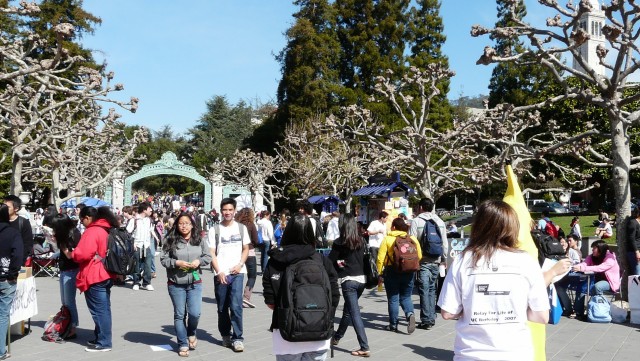
Students throughout the University of California system are having trouble accessing mental health care, and health services directors are raising alarms that increased staffing and funding could be warranted to meet demand.
“The increased need for mental health services on our campuses is outstripping our ability to provide those services,” said Dr. John Stobo, senior vice president for health sciences and services for the University of California. “It is a major problem. It’s not only a problem for UC, this is a national issue.”
In the last six years, the number of students seeking help at university counseling centers has increased 37 percent, according to data presented at UC Regents board meeting on Thursday.
“This is real. Students are having difficulty accessing mental health services on campus,” said Dr. Gina Fleming, medical director for the UC Self-Insured Health Plans. “They’re waiting longer to get an appointment. They’re having fewer appointments within the course of therapy, and more are needing to be referred off campus.”